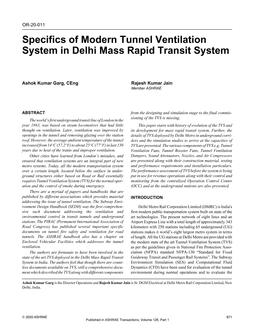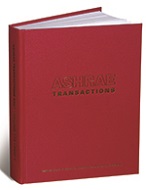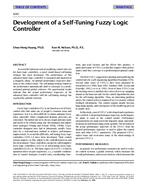To select proper diffusers or air terminal devices for room ventilation, air supply momentum at the devices must be determined. Given a required ventilation rate, the selected air supply speed should assure good ventilation performance and appropriate local velocities near an occupant. However, varying of local air velocities with respect to the air supply momentum is nonlinear. Conventional method to determine the air supply flow intensity has to use an iterative guess-and-correction procedure. This investigation proposes a model for designers to quickly determine the air speed at an air supply device. The cause-effect relation between the air supply momentum and the resulted local velocities in the occupied zone is cast into reduced order flow models. By proper orthogonal decomposition of the incompressible Navier-Stokes equations and performing the Galerkin projection, reduced order models (ROMs) for flow motion are derived. The control function method is applied to generate new spatial modes of the ROMs during optimization. Because this investigation focuses on development of ROMs, no systematic optimization algorithm is utilized. The optimal air supply speed is obtained by enumerating different air speeds and then picking up the one that leads to the minimum objective function. To test the proposed ROMs, the above procedure was implemented to solve for the air supply speed in a two-dimensional ventilation enclosure. By specifying the target velocity distribution on the mid horizontal line, the ROMs are found being able to correctly and quickly provide the required air supply speed at the air supply slot opening.
Product Details
- Published:
- 2013
- Number of Pages:
- 8
- File Size:
- 1 file , 1.7 MB
- Product Code(s):
- D-DE-13-C035
- Note:
- This product is unavailable in Russia, Belarus


